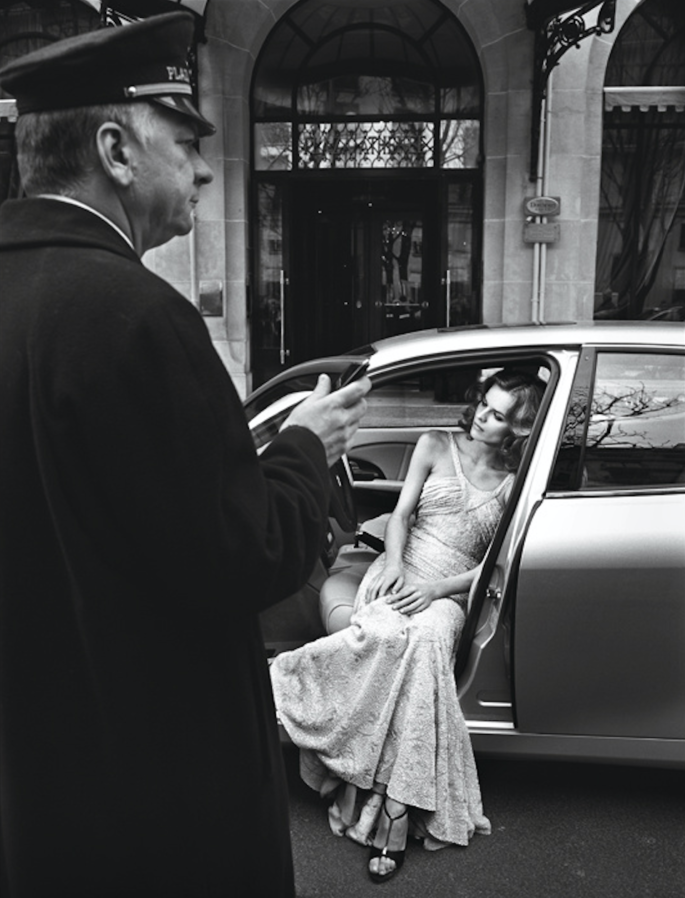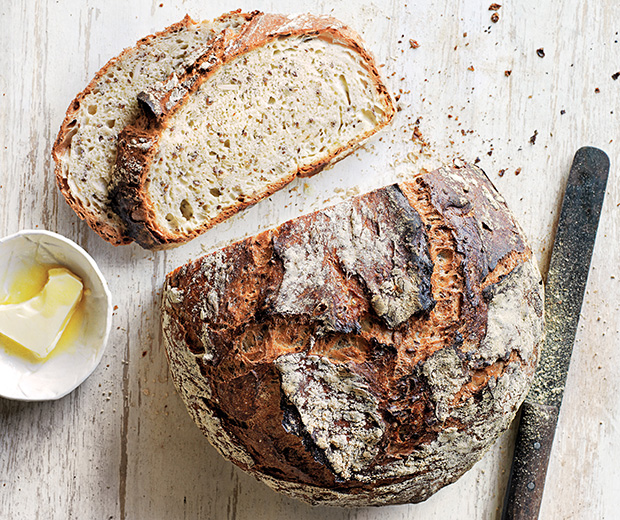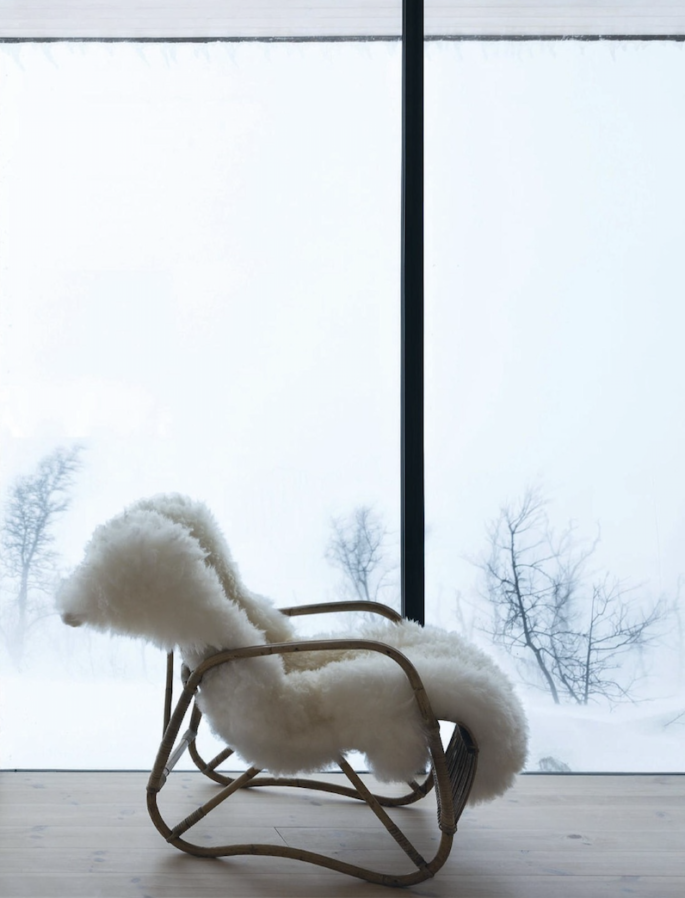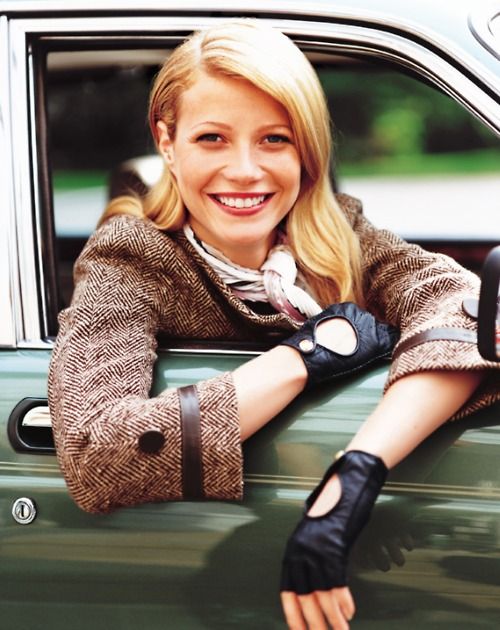Nancy Mitford has a lot to answer for. It was she who, in 1955, set out in print what had never been written before – the unspoken rules for being ‘U’ or upper-class, and ‘non-U’. Her article, published in the CIA-funded magazine, Encounter, provoked an outcry, according to Tatler’s tongue-in-cheek recent article on the subject, not least from her old friend Evelyn Waugh. In an open letter denouncing her for lobbying this grenade into British society, he wrote: ‘There are subjects too intimate for print. Surely class is one?’ Reading Mitford’s essay now, you realise how quickly everything changes. Here’s the full Tatler article:
Back then, her observations on class were based on language – whether you ‘took a bath’ (non-U) or ‘had one’s bath’ (U). Whether you said ‘chimneypiece’ (U) or ‘mantelpiece’ (non-U).
Today, having a bathtub at all is a sign of leisure, and therefore U, (showers being much more common in every sense), while having a fireplace has become similarly recherché – and therefore U – in an age of remotely controlled central heating. Of course it was all tongue-in-cheek, a big old tease on the bourgeois.

Image via www.vogue.com
What made these Mitfordian pronouncements so unsettling is that they took social observations and presented them as settled rules of conduct. So a gentleman would never show undue signs of haste, because it would be uncourtly and smack of ‘being in a hurry’. This behaviour would reveal yourself to be someone trying to get ahead in life, perhaps in the vulgar pursuit of money. This would be non-U.
It was enough to send the socially anxious into paroxysms of doubt. Partly because there were some essential truths in there. Like the fact that prissiness is essentially a middle-class preoccupation – an attempt to tiptoe around delicate matters, which the upper or lower classes wouldn’t bother with. Why, for instance, say ‘wealthy’ when you can get straight to the point with ‘rich’?
A complicating factor in modern U-usage is that for years it has been cool not to be U. Sixty years of rock stars and Hollywood actors dominating the scene means nobody wants to seem upper class, even if they are. So being U has evolved to mean other things.
It is about taste, and style, and culture. About being aware of the myriad nuances detectable in how people speak and interact and behave. That’s not always easy: while shibboleths such as ‘shoes have laces’ and ‘motorcars are black’, as one Chairman of the Stock Exchange insisted, have been gladly tossed aside, and even such guardians of correct form as 5 Hertford Street now accepts jeans – as long as they’re not ripped. And the hoodied figure ahead of you in the check-in queue is as likely to be the cool, young disruptive tech billionaire.
As for how one is addressed – well, even dukes now urge almost total unknowns to ‘call me Bill’.

According to a recent Tatler magazine article eating bread is upper class in 2019. Image via Donna Hay, www.donnahay.com.au
Nancy Mitford would have been appalled for, to her mind, U behaviour observed conventions of formality, which were derived from years of courtly life. ‘In silence, one must endure the use of the Christian name by comparative strangers and the horror of being introduced by Christian and surname without any prefix,’ wrote Mitford. ‘This unspeakable usage sometimes occurs in letters – Dear XX – which, in silence, are quickly torn up, by me.’
The sharpest British observer of these nuances today is interiors and society aficionado Nicky Haslam. His pronouncements on what is and isn’t ‘common’ are so shrewd that they have been collated and printed on a tea towel. Who could disagree with the following examples of dead common: Richard Branson, skiing in France, pronouncing the ‘e’ in furore or saying ‘bye bye’, (which, incidentally, was ruled a non-U ‘indicator’ by Mitford in forthright terms: ‘The dreadful bye-bye has been picked up by the French, and one hears them saying, “Bon – alors bye-bye mon vieux”. It makes me blush for my country.’)
Perhaps the single greatest indicator of being U is the degree to which you care at all – the truly U would never think themselves to be anything other than entirely correct.
For the rest of us, every sphere of life is a potential source of neurosis, particularly now there are no clearly delineated rules. Should you write a thank-you letter after every engagement, or will an email do? Are dress codes really binding? Can you smoke in the street? Is it really all right to put toweling dressing gowns in guests’ bedrooms? Did you even know that mattered? *Lead image by Mario Testino for Vogue.com
Here, to put your mind at ease, or send you into further paroxysms, Tatler magazine sets out the new rules for being new-U in 2019.

Image via Elle Decoration
New-U
- Eating bread
- Having a job
- Drinking at lunch
- Talking real estate
- Champagne
- Loving your parents
- Buying newspapers
- Eating sweets
- Politeness
- Tokyo
- Having a driver
- Turning at a dinner party
- Being faithful
- Audiobooks
- Having a much older best friend
- Reading books
- Astrology
- Afternoon Tea
- Fried eggs
- Sweden
- Knowing about plants
- Nicknames
- Asking questions during a conversation
- Saying no
Non–U
- Dietary requirements
- The word ‘posh’
- Public displays of abstinence
- Mouthwash
- Most white wine
- Being friends with your parents
- Elaborate gin and tonics
- Talking about yourself
- Tissues
- The South-East
- France (except Paris)
- Wearing make-up outside the city
- Dips
- Trophy spouses
- Tinder
- Social climbing
- iPads
- Supplements
- Soho Farmhouse
- Air freshener
- Fruit in plastic
- Knowing about yachts
- Three-day weddings in India
- Atheisure wear
- Wet wipes
- Saying, ‘I’m all right thanks’ when offered a drink


